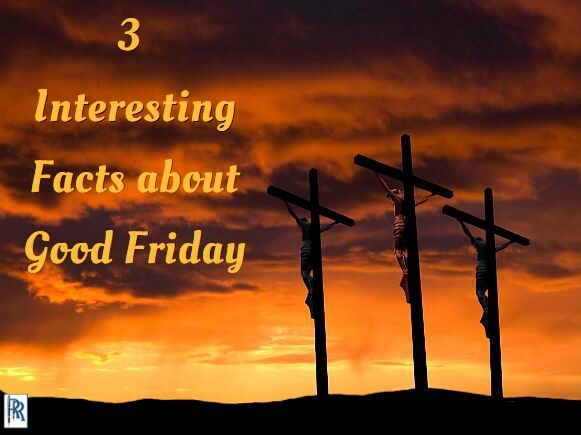
On Good Friday, Jesus Christ was executed and surrendered his life. This penance and his exercises are recalled on Good Friday. It is an official occasion in numerous regions of the world. Consistently numerous conventions are followed while watching this day. Christians do fasting, imploring and thinking about Jesus' Passion story on this day. After the Maundy Thursday comes Good Friday when Jesus and his followers washed their feet and had the last dinner. Dominant part of individuals has misconception the word Good in it. This Good Friday you ought to likewise think about such realities, which are identified with this exceptional day.
1. The day preceding Good Friday is called Maundy Thursday. The expression "Maundy" is come to existence from the word mandatum (commandment) which has Latin origin. The term alludes to the commandment given by Jesus during the Last Supper: " A new commandment I give to you, that you love one another: just as I have loved you, you also are to love one another."
2. Bede, the renowned Christian researcher (otherwise known as, the Venerable Bede) asserted in his book De Ratione Temporum that Easter word comes from the word Eostre, Saxon individual’s pagan goddess in Northern Europe. Later researchers, in any case, guarantee that the term gets from the Anglo-Saxon word "oster," signifying "to rise," even they term the Spring equinox as "Eostre."
3. In Medieval Europe, During Lent Christians would swear off eating meat and eggs. Eggs laid during that time were frequently bubbled to protect them and were distributed as Easter blessings to kids and workers. A few customs tell the Easter egg is emblematic of the Jesus resurrection, with the egg shell shows to the fixed tomb and splitting the shell shows to the Resurrection. Christians in Greece and in the Middle East painted eggs brilliant red to represent and symbolize the blood of Jesus.

Comments
There are currently no blog comments.